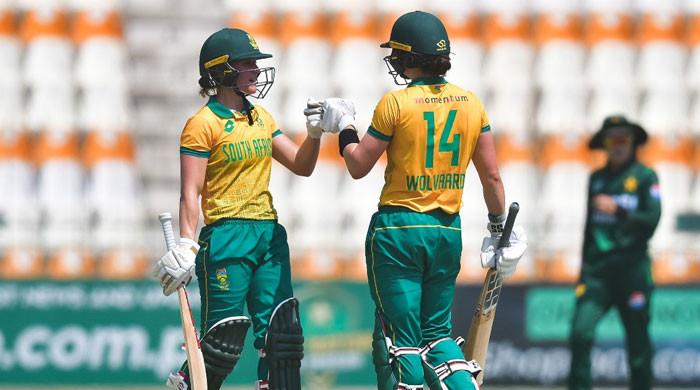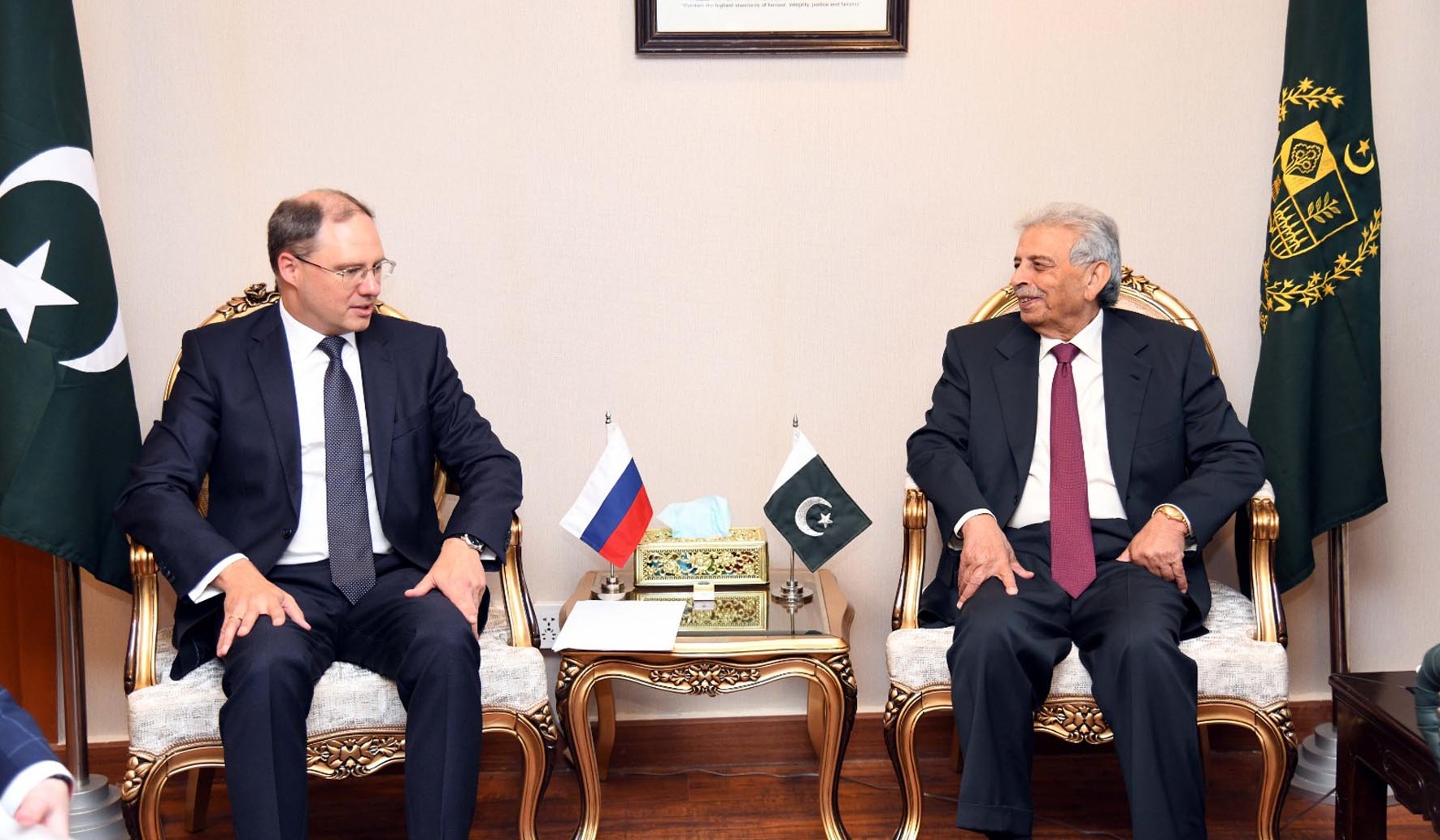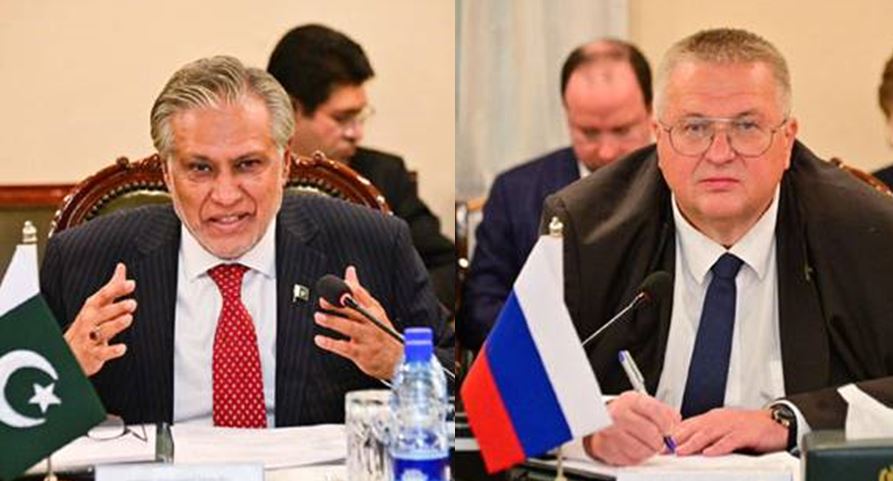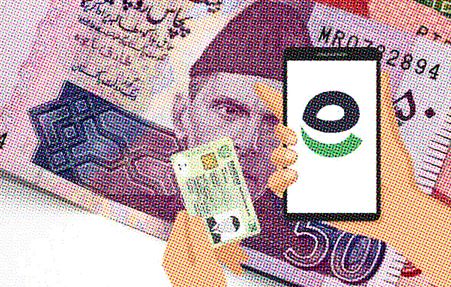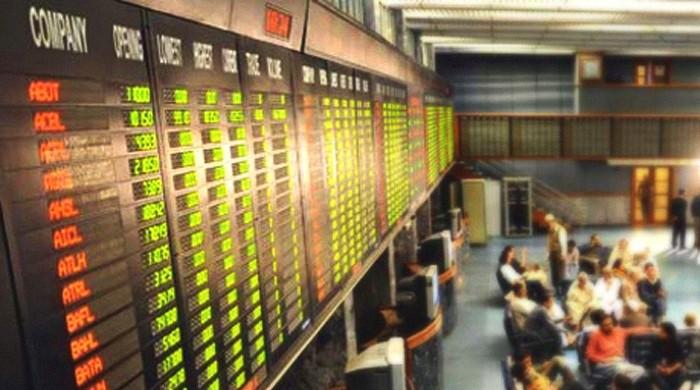ISLAMABAD:
“…….we had everything before us, we had nothing before us, we were all going direct to Heaven, we were all going direct the other way – in short, the period was so far like the present period,” excerpt from Charles Dickens’ “The Tale of Two Cities” published in 1859.
The year was 1997 and the young firebrand Khawaja Mohammad Asif had been appointed chairman of the Privatisation Commission during the PML-N government, and the IMF was breathing down our neck and banking was the then Achilles heel.
Government-owned banks had over 80% market share of the total loans in the early 1990s, while the private sector had the remainder. We had been hearing horror tales about the mismanagement, corruption and bad debt portfolios. In short, we could have been assumed dead and buried! The following examples will explain the scenario:
In one of our management reviews with United Bank Limited (UBL) team, it was claimed that some 200 cars were in the use of the union led by the infamous Aziz Memon. He held court in a separate building than the head office and used to distribute promotion letters amongst the officers.
Later, during the pre-privatisation reforms period, the gentle mannered steel-nerved UBL president, Zubyr Soomro, sent these – about 6,000 – dubious promoted officers packing through a legal golden handshake scheme approved by the board of directors of the bank, and doctored by lawyer (and later honourable judge) Shahid Anwar Bajwa.
The tide has turned in the last 23 years post-privatisation. Today, the market capitalisation of UBL is over Rs231 billion and the board announced a total cash dividend of Rs44 per share for the year 2023.
In a previous seminar in 1996 chaired by Syed Naveed Qamar, sponsored by the World Bank, the American expert said when the bad portfolio touches 8-9% in a bank we blow the whistle and put the bank on “warning”, and if it touches 10-11%, we declare it “illiquid” and send in the surgeons to cut it up under a scheme.
This particular scheme cost American taxpayers about $850 billion from 1980 to 1988 (following the Depository Institutions Deregulation and Monetary Control Act of 1980).
To this, Dr Yakub, the governor of the State Bank of Pakistan (SBP), responded that in Habib Bank and United Bank, the infected portfolio is over 30% of the loan book. The Japanese lady from the Asian Development Bank, taking leave from her cultural decorum, termed it simple plain systematic corruption.
In this background, Khawaja Asif called in a meeting of the even younger consultants of the Privatisation Commission, and asked for solutions and a low-hanging fruit. It was decided that we offload a small three-branch bank – a fully owned subsidiary of Habib Bank Limited – called Habib Credit & Exchange Bank.
Expression of Interest was received from 17 parties. We hired a top legal firm and a top chartered accountant firm (from the Big Five) for a total of only Rs700,000. We did away from the need for a time-consuming expensive exercise of appointing a financial adviser.
The in-house consultants were equipped to conclude the transaction. The Privatisation Commission raised about Rs1.6 billion (FDI from the UAE) for 70% shares of this small bank of three branches, one each in Karachi, Lahore and Rawalpindi.
The bank known as Bank Alfalah is one of the most progressive banks in Pakistan, has 1,000 branches in 200 cities domestically plus some international presence, serves millions of satisfied customers, pays its employees top salaries/benefits and bonuses (out of the total operating expenses of Rs64 billion in 2023), pay the government of Pakistan billions in taxes each year (Rs42 billion for the year 2023) and then distributes the rest to its shareholders (profit after tax of Rs36 billion for 2023).
Most importantly, it goes out of its way to finance the young entrepreneur class with novel ideas. Any society which fails to give young businesses a chance to succeed is bound to be doomed.
Lo and behold, encouraged by the speed and success of the sale of Habib Credit & Exchange Bank, Khawaja Asif appointed the same consultants to sell the First Women Bank. This bank had 38 branches in Pakistan and was expected to attract interest from Pakistan and the Middle East.
Since the momentum had been built, both the Privatisation Commission as well as the investor lobby were geared up to carry out a smooth transaction. Just like the Habib Credit & Exchange Bank, the bank was auctioned in Islamabad and the process was broadcast live on TV for the world to witness.
The response was simply amazing as the bidding drove up the price – to Rs28 per share – which was double that of the reserve price, a benchmark price calculated by the experienced chartered accountants after full due diligence and valuation.
The successful bidder was a Pakistani professional with ties to the Middle Eastern money. Just as the auction was being concluded, some people started distributing flyers and announcing that the Lahore High Court had granted a stay order against the bank’s privatisation.
The entire Privatisation Commission team, led by Khawaja Asif, was summoned in the Lahore High Court, made unconditional apologies, and gave assurances to work under court’s directives on the transaction. That was the end of this episode.
The First Women Bank is still crawling on its knees, its financials neither audited nor published for a few years now. And the King’s Horses and the King’s Men could not put together a deal to sell the bank.
The First Women Bank has missed some 26 years! That is a quarter of a century. It could have been another success story and we could have had a Women’s Bank in 150 cities in Pakistan, and in 10 countries in the neighbourhood.
It could have been an engine of empowering the women entrepreneurs of Pakistan and the Middle East, and Central Asia. It could have made women co-owners of businesses with their husbands and sons by providing them the advantage of access to capital and credit.
It could have given our women space to speak on the board of directors of the companies. It could have been a better Pakistan today!
We are back to square one as the First Women Bank will be coming under the hammer soon. One can only pray the people at the helm make better choices this time around.
The answer lies in strengthening the private sector and relying on their expertise and capital to reform not only banks but also the power sector, which is today’s Achilles heel.
No planning and roundtable conferences will give us simple straightforward answers, and mind you I make this statement after much thought and private consultations. The secret lies in having a bold vision and the political will to walk the walk, being patient and consistent, and establishing our own paths!
The writer has been the MD of Bank of Khyber, President ZTBL and is currently member Privatisation Commission
Published in The Express Tribune, April 29th, 2024.
Like Business on Facebook, follow @TribuneBiz on Twitter to stay informed and join in the conversation.


 Technology6 مہینے ago
Technology6 مہینے ago
 Pakistan7 مہینے ago
Pakistan7 مہینے ago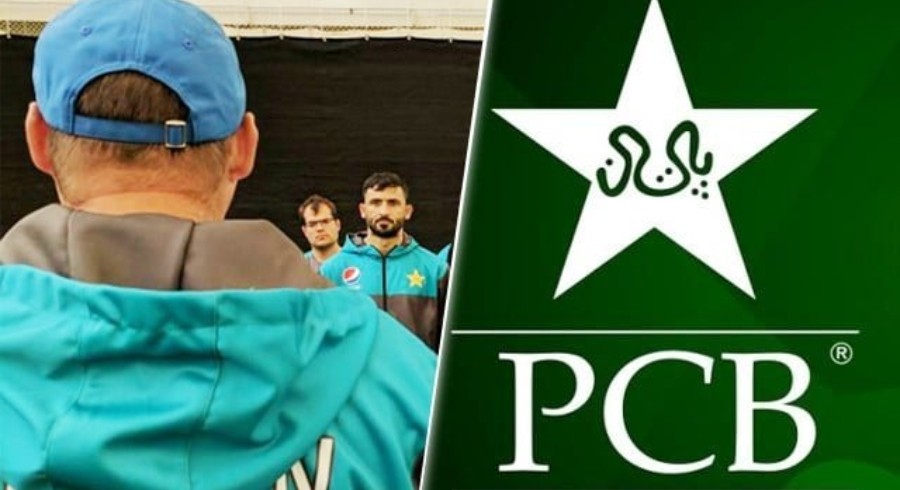
 Sports6 مہینے ago
Sports6 مہینے ago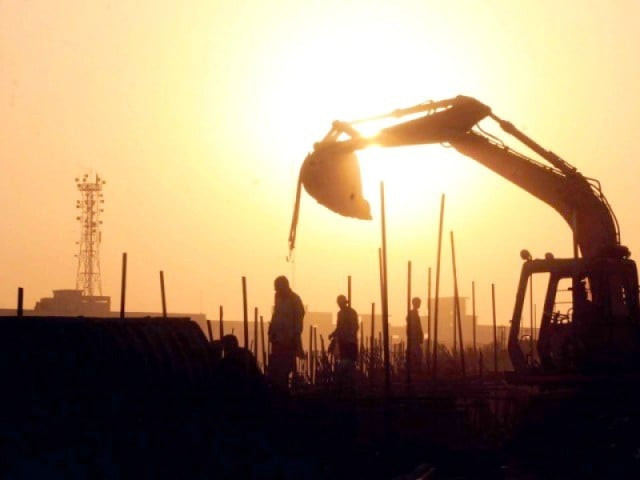
 Pakistan6 مہینے ago
Pakistan6 مہینے ago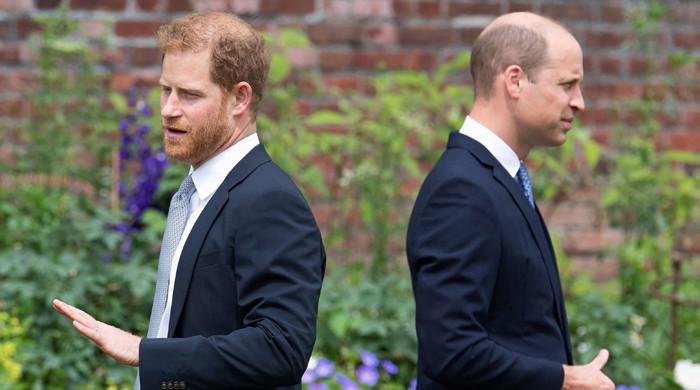
 Entertainment6 مہینے ago
Entertainment6 مہینے ago
 Pakistan6 مہینے ago
Pakistan6 مہینے ago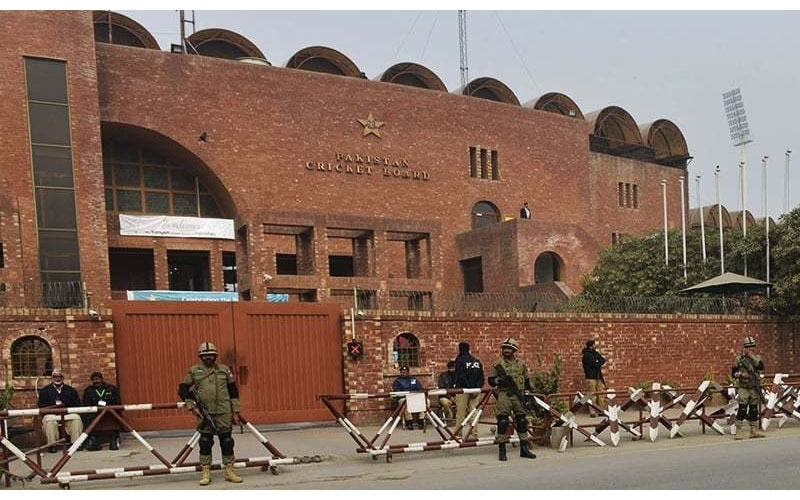
 Sports5 مہینے ago
Sports5 مہینے ago
 Entertainment6 مہینے ago
Entertainment6 مہینے ago

